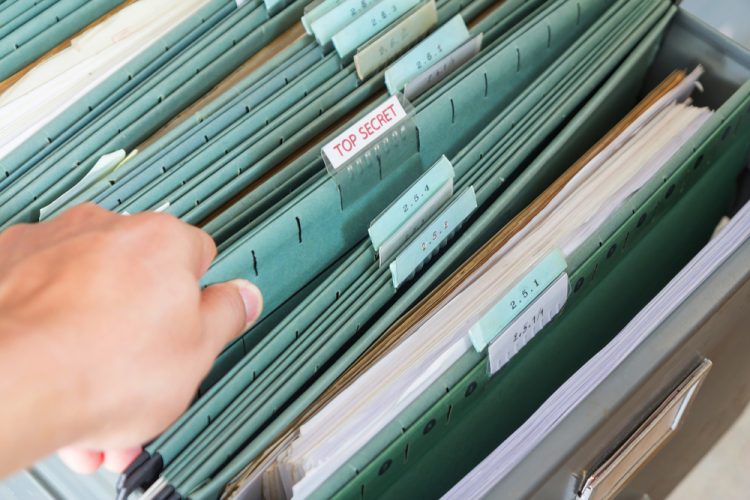Story-Based Inquiry Workshop: Tools & Techniques
Standard £180
Freelance/Student £150
Members £120

Story-Based Inquiry (SBI) is practiced around the world. It has been hailed for its robustness and simplicity. If you are unsure of how to undertake long-form projects, or feel the need to make your work more efficient and powerful, this seminar with the creators of Story-Based Inquiry will help you.
Story-Based Inquiry is a method for researching and writing long form journalism as a single integrated process. It begins with a hypothesis, a provisional story that defines and guides our project. A timeline and source map pinpoint what we are looking for and where to find it. A master file keeps the research together, serves as the backbone for the finished narrative, and provides a database for future projects.
Part 1: The basis. Hypothesis your story
Investigation has a dirty name with editors, who think it’s about slowly rummaging through piles of garbage until you find (or don’t find) a jewel. Too often, they’re right. This session will show you how to choose a subject and define your investigation as a story from the start, using hypotheses. The method helps you figure out what to look for, how to look for it and how to sell it to your boss and the public.
Part 2: Creative Techniques. Timeline and Scenario
In this session we map the plot of a story – a sequence of events that must have occurred, which we can subsequently verify and enrich. Simultaneously, we create scenes, with characters whose actions and conflicts define the content and meaning of the story. These events lead to the sources you need.
Part 3: Build assets for the story and beyond. Source Mapping and MasterFile
Now that we’ve shown you where to acquire information assets, we’ll show you how to optimise them! We’ll create a simple but effective database in which you collect the results of your investigation. This “Masterfile” makes it easier to structure your story – the hardest part of composition. It’s a way to write while you research, instead of first researching and then writing. It’s also a way to build resources for a long, successful career.
Part 4: Craft the Story. Narrative effects and quality control
This session shows you how to compose a story that hits hard and fast, and builds to a powerful conclusion. The core of this method is continuous composition and referencing – an approach that saves both time and anguish, for you and your colleagues. We turn the Masterfile into a narrative structure based on a chronology or a sequence of themes and characters. We apply techniques for controlling rhythm, the element that keeps your audience watching. We finish with quality control – reducing the risk of mistakes that can cause damage to others and your own reputation.
As an addition to the day-long workshop the tutors offer the possibility to book individual coaching sessions the next day – to find out more about these sessions and to book a place click here.
Suggested advance reading:
Free: Story-Based Inquiry: A Manual for Investigative Journalists (UNESCO 2009).
Download: www.
About the trainers:

Mark Lee Hunter is the principal author of “Story-Based Inquiry: A Manual for Investigative Journalists” (UNESCO 2009), the most widely-distributed reference work in the history of the profession. He and Luuk Sengers are the founding members of Story-Based Inquiry Associates. At INSEAD, a global business school where he is an adjunct professor, he co-founded The Stakeholder Media Project, which investigates the emergence of new forms of watchdog media. He is the author of over 100 investigative reports and nine books, including (with Luuk Sengers) The Hidden Scenario and The Story Tells the Facts. His scholarly research on media development is published in leading academic journals.
Hunter has won awards from Investigative Reporters and Editors Inc. for both his investigative reports and his research on journalism. He has also won the H.L. Mencken, Clarion, National Headliners, Society of Professional Journalists and EFMD awards for features and research. He earned his doctorate in Sciences de l’information from the Université de Paris II-Panthéon-Assas.

Luuk Sengers is an investigative journalist, researcher and educator. Together with Mark Lee Hunter he developed the internationally acclaimed Story-Based Inquiry method, a systematic and efficient way of doing investigations. He is also a world-class data journalism instructor. He is a visiting lecturer at several J-schools and universities. Previously, he worked sixteen years as an economy reporter at major Dutch newspapers and magazines, like NRC Handelsblad, Quote and Intermediair. He is a former board member of the association of investigative journalists in The Netherlands and Belgium, the VVOJ.
Images: via Story-based Inquiry Associates



